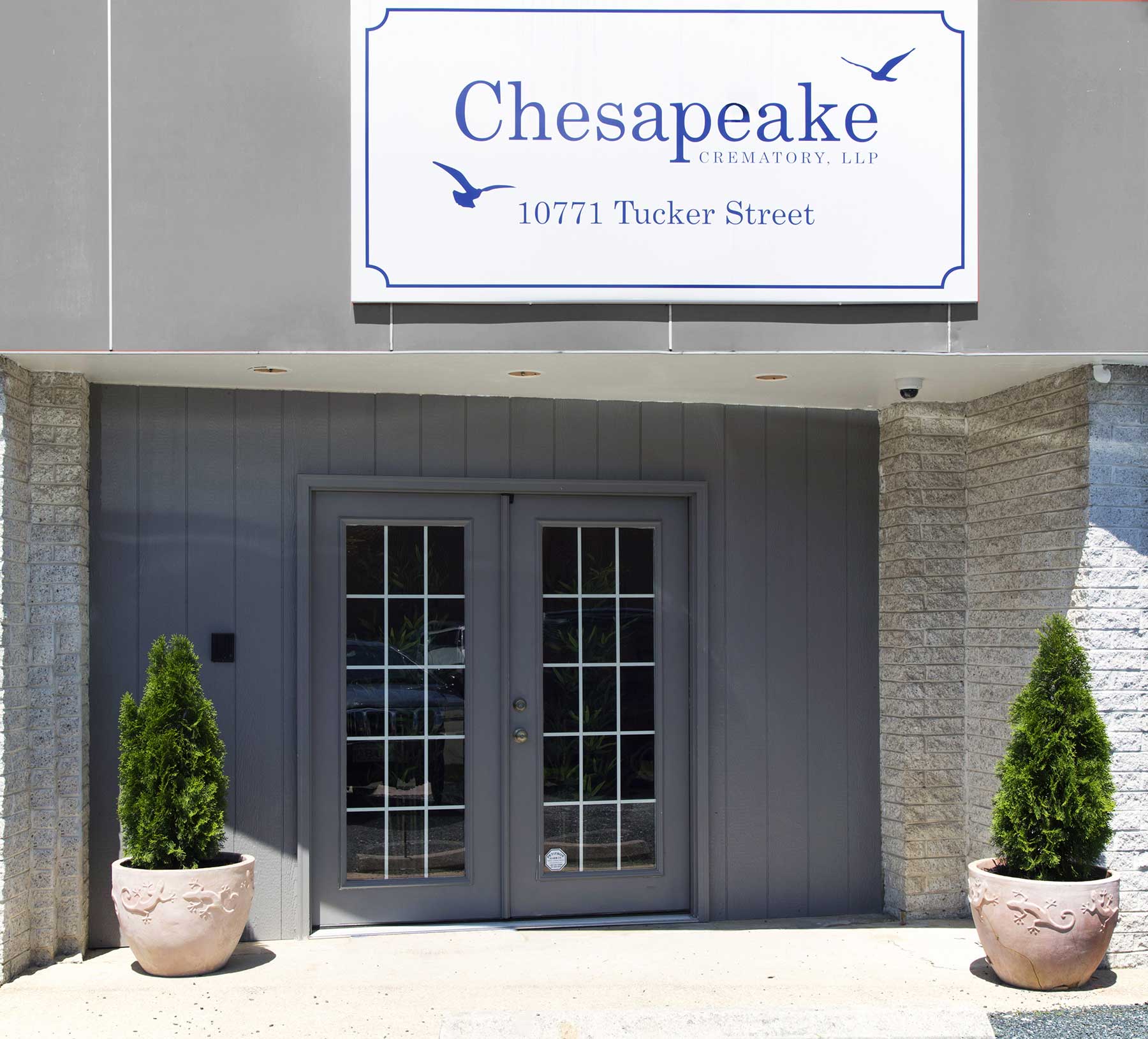Who can authorize a cremation?
The cremation can only be authorized by the next of kin or person acting as such. For a complete explanation, visit the Maryland State Website
Why do I need a cremation container?
All cremations must be conducted while using a “cremation container.” These containers are mandated by Maryland and Virginia to offer dignity and privacy to the person being cremated. They encase the body and also ensure the health and sanitation of those who attend the cremation or work at the crematory. There are many options – your funeral director can help you choose the most appropriate. Visit the Maryland State Website
Does the body have to be embalmed?
Embalming is not required for cremation.
Is a casket required for cremation?
No caskets are required for cremation, but most jurisdictions require a person be placed in a “cremation container” to insure their privacy and the sanitation of the crematory environment.
When is the Medical Examiner’s permission required for cremation?
Virginia and Washington, D.C. require a medical examiner to approve any cremation. Your funeral director will contact the Medical Examiner’s Office for you and secure the necessary paperwork. Visit the Maryland State Website
In what type of container are the ashes returned to me?
The ashes are returned to the funeral home in a temporary container. You may choose a more permanent option from your funeral director.
How long does a cremation take?
While there are many variables affecting the time it takes for a cremation to occur, in general, an average cremation takes about 2 to 2-1/2 hours.
Can I save gold from dental work?
Whether gold teeth should be removed or not is the decision of the family. The gold in teeth is a material that could contain pure gold itself, gold alloys or gold-colored alloy. In the United States, using gold for making crowns, bridges, dentures, and other types of dental filling is quite rare. A dentist may be contacted to remove teeth if a family wishes, but this procedure is usually expensive. When cremated, gold teeth will oxidize into basically nothing.
Can I watch the cremation process?
Yes, we have a comfortable space for family members to watch the start of the cremation process. If you are interested in attending, we are happy to make those arrangements with your funeral director.
Is cremation environmentally friendly?
Truthfully, cremation requires the burning of fossil fuels, so it is not as “green” as most believe. Additionally, there are many older cremation facilities operating that use significantly more energy compared to newer ones. Mercury is also emitted when a person with dental amalgam fillings is cremated, but the development of effective filtration devices and the decline in use of dental amalgam fillings will eventually mitigate this problem.
There are elements that can make a cremation more “environmentally friendly.” The use of eco-friendly cremation containers can help – they do not release harmful chemicals into the atmosphere during the cremation process. Also, cremated remains may be placed in urns made from materials that break down naturally in the earth, such as Himalayan rock salt or sustainably-produced handmade paper.
Can I cremate personal items with my loved one?
In line with environmental regulations, there are strict rules surrounding what is allowed in the cremation container during the cremation; therefore any miscellaneous items must be removed. This includes items made from certain materials, for example, metal (including jewelry), glass and some PVC and rubber (including shoes) which cannot be cremated. If you would like personal items to stay with your loved one for the cremation, your Funeral Director will be able to advise you.
Why do you remove a pacemaker or devices with batteries?
Parts of the pacemaker, when subject to the intense heat of the crematory, may explode and damage the crematory chamber or injure the crematory personnel. There is also a risk of a radiation hazard from the pacemaker battery or the batteries in other implanted devices, therefore, none may be cremated.

